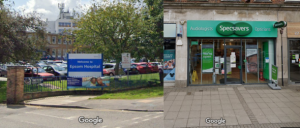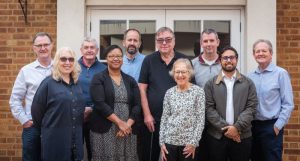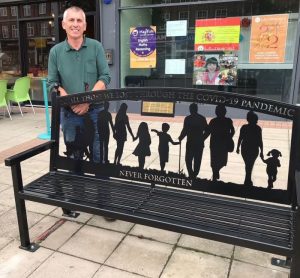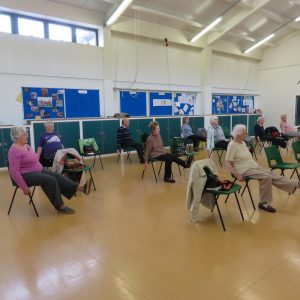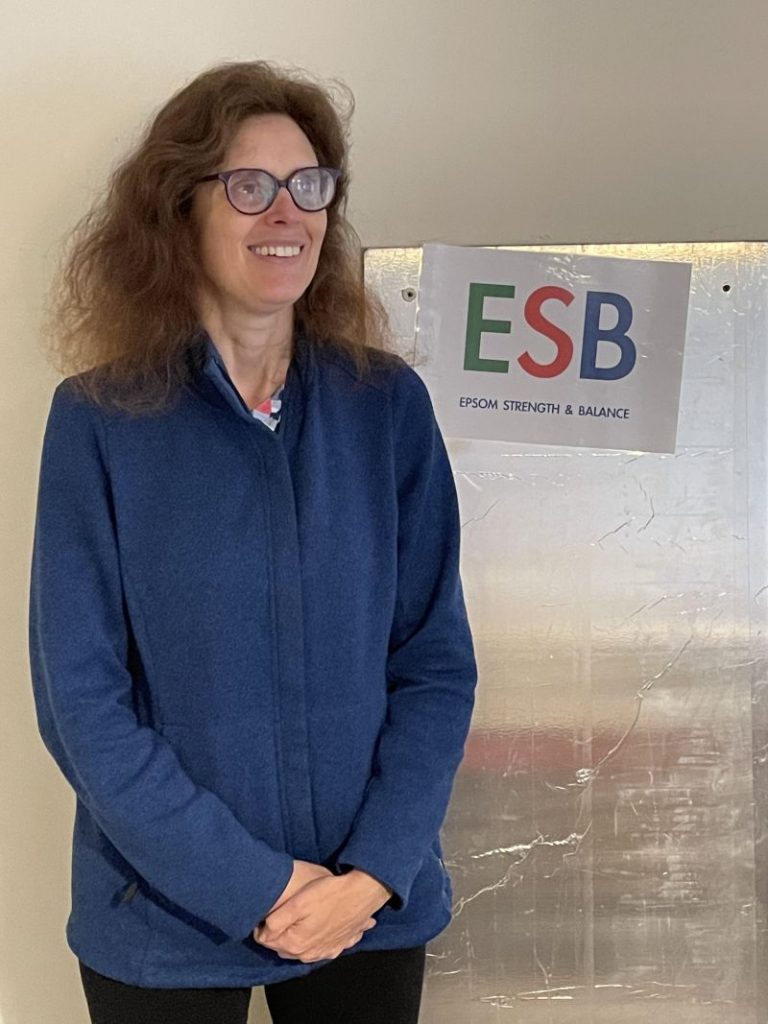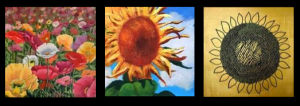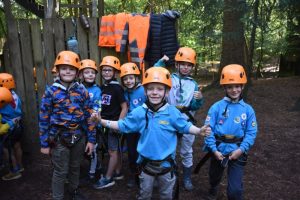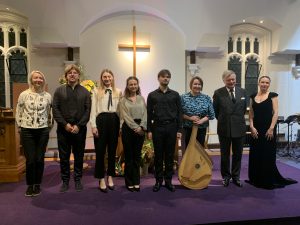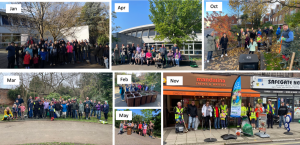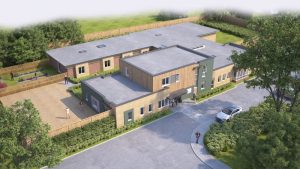Our special correspondent shares his local experience.
In the good old days before Covid 19 you could visit the surgery to book to see a doctor, or instead telephone. You can do neither these days; now you have to fill an online form in and in a day or so the doctor will get back to you. If you are lucky, you will be able book a face-to-face appointment with the doctor provided you do not have a temperature or any other of the dreaded symptoms of Covid.
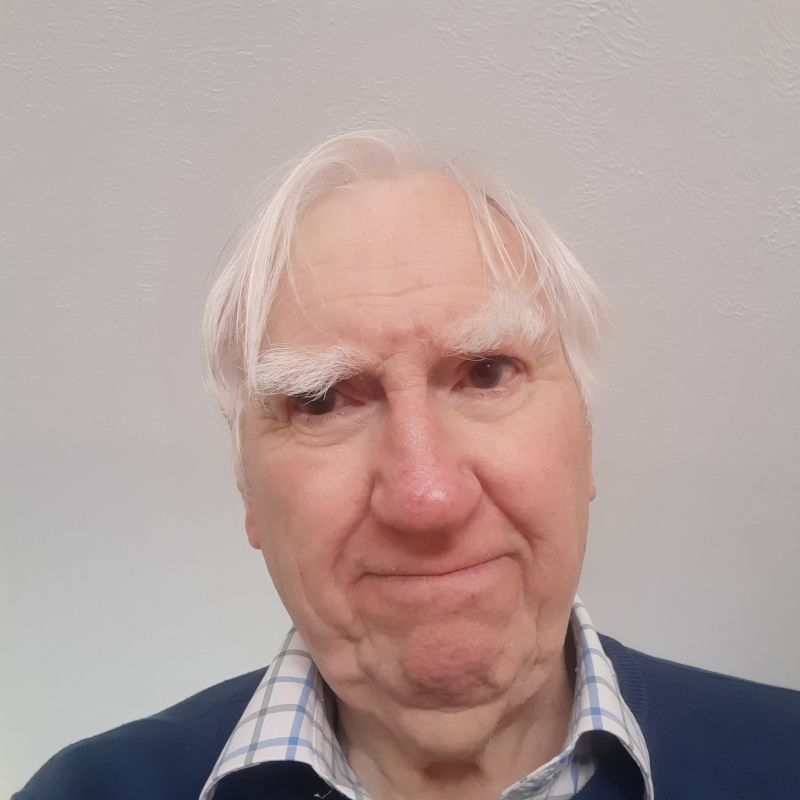
There is one exception to this; if you have an eye problem you book an appointment at SpecSavers as (at least in this area) they act on behalf of the NHS. They do an excellent job; for minor problems they will sort it out. If not, they will send you off to the eye hospital to be seen straight away as a lengthy wait to see a consultant may result in more damage.
I have been a type 2 diabetic for twenty-five years and because of this annually I have my eyes screened; photographs are taken of the back of the eyes. When I started this was done at Epsom Hospital. I got there by bus and the procedure was tiresome, as they put drops in your eyes which make your sight blurry. But it had to be done! Then after a few years the technician gave me some good news; they had a modern machine and drops in the eyes were no longer needed. Absolutely brilliant. On top of that she would put your mind at ease and tell you not to worry.
Then someone in government decided to privatise the operation and accepting the lowest bid without having regard to anything else the service went into rapid deterioration. The new equipment was sold off and outdated technology returned. Years later, the privatised version of diabetic eye screening is still using equipment that became obsolete twenty year ago. Now you are advised:
* plan how you’ll get to and from the test – do not drive, as you sight may be blurry for a few hours afterwards.
* you might want to bring someone with you or ask someone to collect you after the test.
* During the test you’ll be asked to read some letters on a chart first.
* Drops are then put in your eyes. This may sting for a few seconds. The drops make your sight blurry after about 15 minutes. After that you’ll be asked to look into a camera.
* After the test you will not get the result on the day. You will get a letter about your result within 6 weeks.
Screening can take place at various venues, such as community centres, as well as hospitals.
I could have my eyes screened at Epsom Hospital without spending a penny on transport as the 166 bus would drop me outside. However, I choose not to because I do not need to waste a few hours being unable to see properly. Instead, I have my eyes photographed at Steven Harris Opticians in Beckenham. I get there by train and tram, but if I did not want to spend any money, I could take the 166 to Croydon Bus Station and get another bus from there to Beckenham. They take a number of photos in each eye (not just one in each eye) and the consultant shows me these and what they mean; he says we are looking for consistency with last year. No drops and a fantastic service.
Of course, other opticians, including SpecSavers, have the latest equipment also.
I keep on being harrassed by Surrey’s Diabetic Eye Screening Programme (DESP). They insist that if I opt out it means I don’t have my eyes screened and they will inform my GP. They simply don’t understand that there are better services out there.
Anyone over 60 can have a full eye test, including a retinal scan FOR FREE under the NHS. Those under 60 can go privately and the same procedure costs around £45. In my view, such a fee is worth every penny. After all, it would relieve the anxiety of waiting six weeks to know if there were a problem or not.
The NHS would save a fortune if they scrapped this privatised service and organised screening through qualified opticians.
[Do you have a view? Write to us. Ed]


